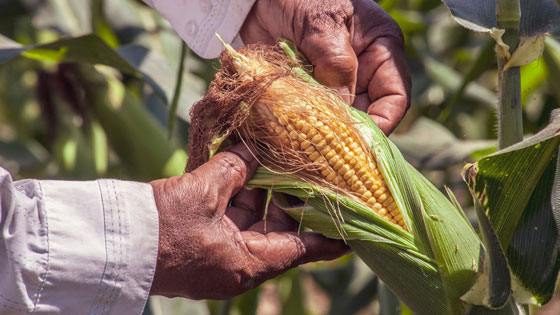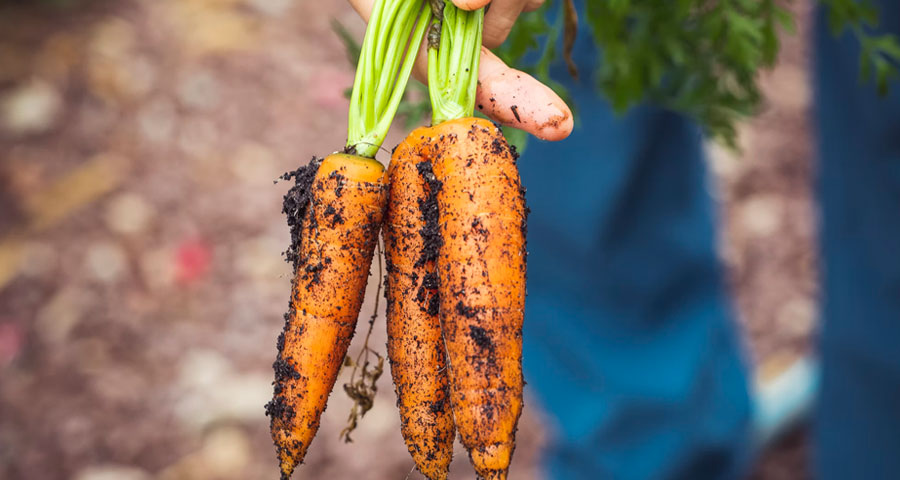Food security is an issue for a number of households – both in the developing world and in powerhouse countries such as Canada, the United Kingdom, and the United States, just to name a few. But studies show that in a few years, if we don’t change the ways that we produce and consume food, then it will become an even bigger problem that will affect more and more people.
What can be done to combat food insecurity?
When it comes to fighting food insecurity, the answer isn’t as straightforward as ‘produce more food’. In fact, we produce more than enough food per year to feed everyone on the planet. So, the issue here isn’t a lack of food but based more in economic and political factors.
Starting with the basics, there are two ways in which a person can obtain food. They either grow it or purchase it. Food instability looks different to each group based on the way that they are used to getting food. Food insecurity for a person that grows their own crops is when they are not able to grow anything to be able to eat. This can be due to a natural disaster, war, or lack of education about farming, just to name a few.

When a person who is used to buying their food suffers from food insecurity, it is normally because they do not have the economic ability to purchase any. This can also be caused due to a magnitude of reasons such as a job loss and sudden illness, among other things.
Now that we have defined what food insecurity looks like in two different contexts, we can now cover ways in which food insecurity can be reduced. As stated before, there is no one-size-fits-all solution for reducing food insecurity.
First, to urbanize farming, a recent study has found that city soil is safe enough to farm with Boston soil. This can help ease the economic stress of being able to purchase something to eat within a city environment whilst also helping cities to be a little bit greener. To reduce food insecurity in developing nations, projects are needed to teach the best ways to farm.
Whilst these few suggestions would not completely eradicate food insecurity, they would help reduce it and help educate more people as to how to grow crops and waste less food.



